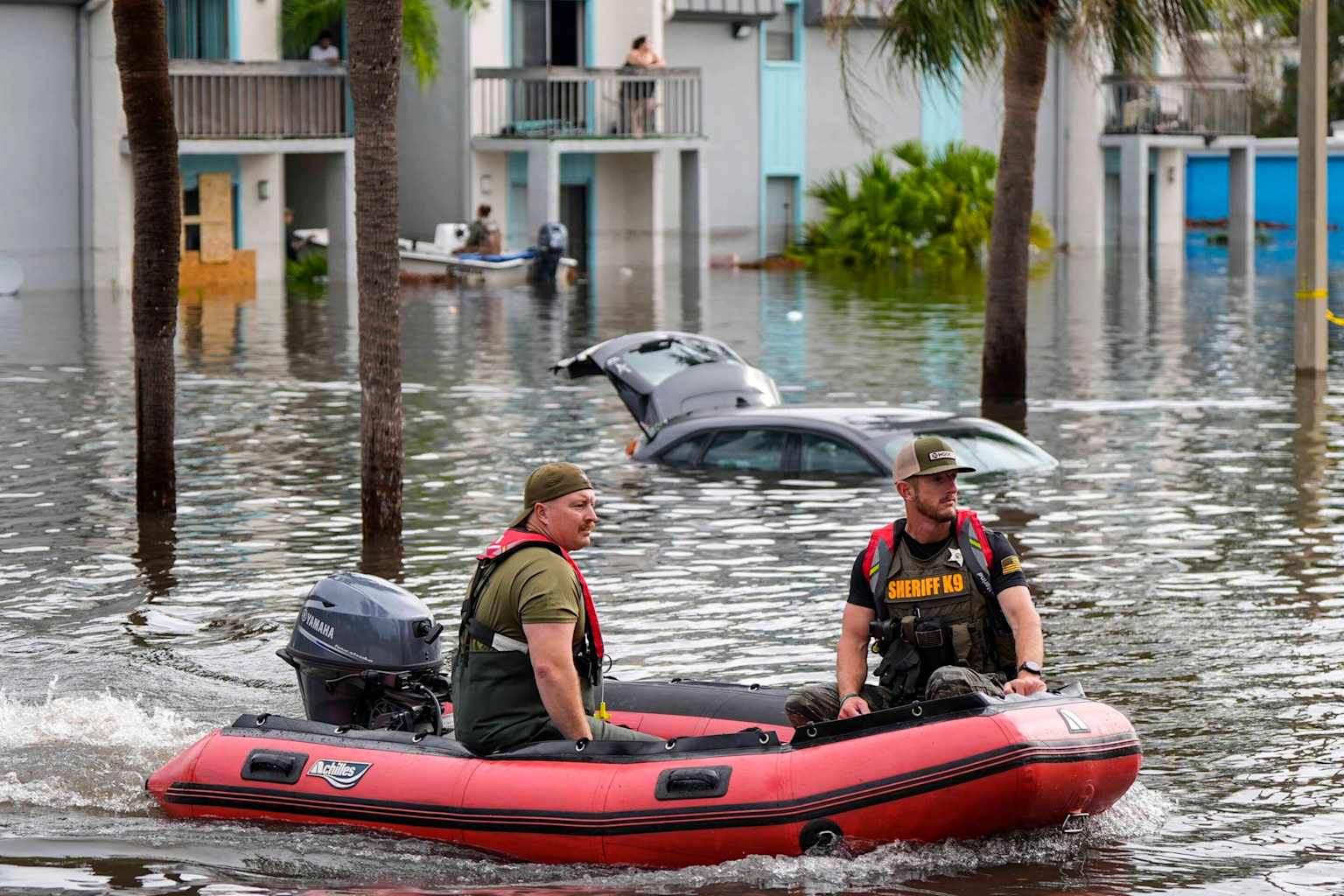- Critical Forecasting Tool at Risk
- Cuts Amid Hurricane Season
The National Oceanic and Atmospheric Administration announced Monday it is delaying by one month the planned cutoff of satellite data that helps forecasters track hurricanes, postponing the controversial move until July 31 after facing pressure from scientists and NASA officials. The data was originally scheduled to be terminated Monday as hurricane season reaches its stride.
The delay provides a temporary reprieve for meteorologists who rely on microwave imagery from three Defense Department weather satellites to peer inside hurricanes and tropical storms, particularly during nighttime hours when other monitoring methods fall short.

The Defense Meteorological Satellite Program provides microwave data that reveals three-dimensional details of storms that conventional visible or infrared satellites cannot capture12. This information helps forecasters detect rapid intensification of hurricanes and plot their likely paths more accurately, according to NOAA13.
"If a hurricane, let's say, is approaching the Gulf Coast, it's a day away from making landfall, it's nighttime," Union of Concerned Scientists fellow Marc Alessi told The Associated Press. "We will no longer be able to say, OK, this storm is definitely undergoing rapid intensification, we need to update our forecasts to reflect that"2.
The microwave imagery allows researchers to see the center of storms and understand what is happening inside them, information that becomes especially valuable at night when other satellite data is limited12.
The satellite data termination comes as NOAA faces broader personnel cuts and budget reductions under the Trump administration's Department of Government Efficiency12. Hurricane forecasts were already expected to be less accurate this year due to reduced weather balloon launches caused by staffing shortages12.
According to CNN, the Defense Department's decision caught NOAA and NASA off guard, prompting high-level intervention from Dr. Karen St. Germain, NASA's Earth Science Division director, to secure the one-month delay3.
NOAA initially cited cybersecurity concerns for the June 30 cutoff date, though spokesperson Kim Doster described it as a "routine process of data rotation and replacement"45. The agency maintains that remaining data sources can provide adequate hurricane forecasting67.
University of Miami hurricane researcher Brian McNoldy called the abrupt termination of three functioning satellites "insanity," noting that microwave data is already sparse12. Hurricane specialist Michael Lowry warned the loss would "severely impede and degrade hurricane forecasts for this season and beyond, affecting tens of millions of Americans who live along hurricane-prone shorelines"2.
The Atlantic hurricane season runs through November 30, with peak activity typically occurring from mid-August through mid-October68.



